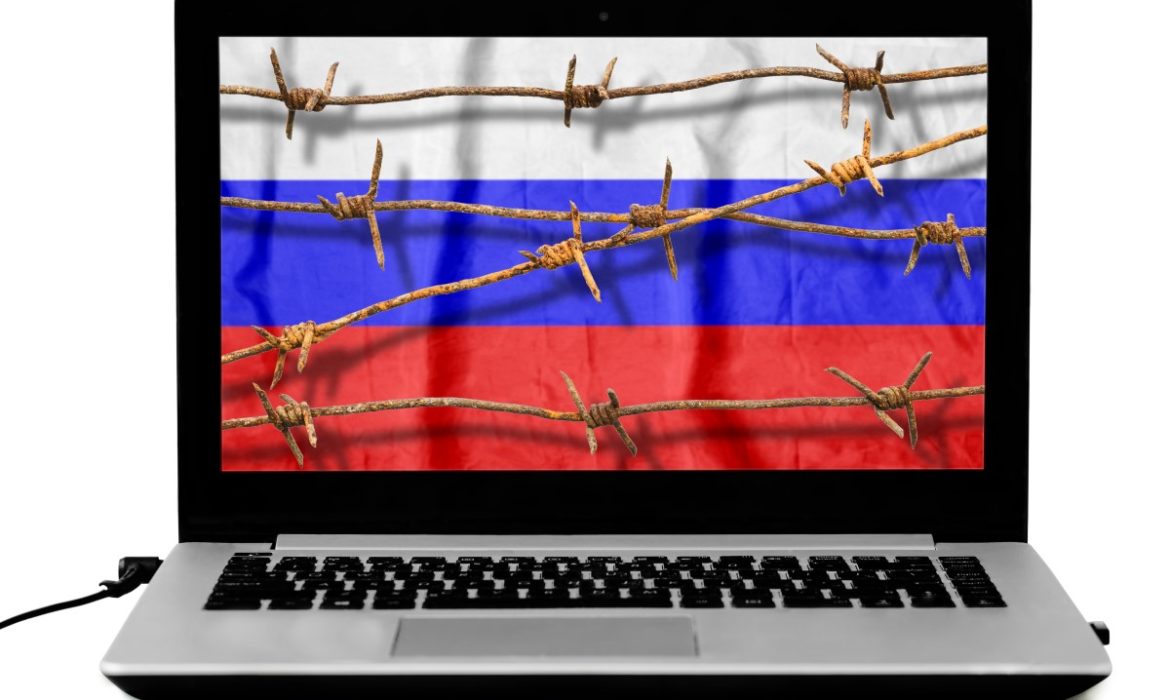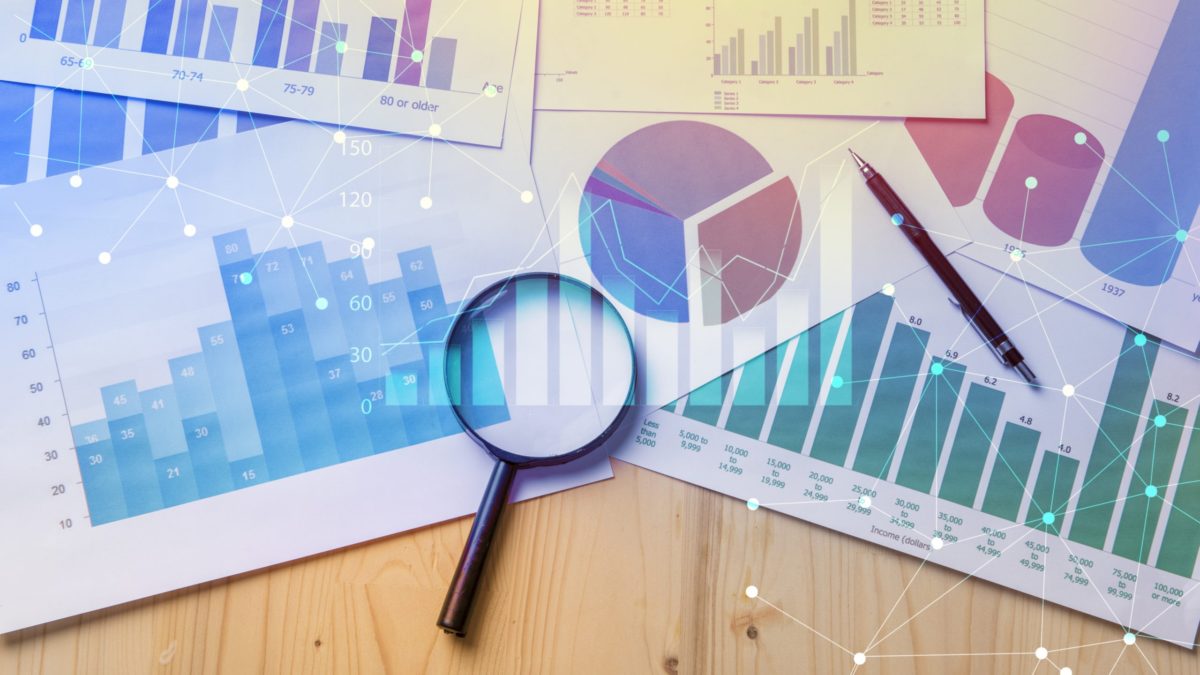The rouble collapsed last month due to Russia’s invasion of Ukraine, disrupting global supply lines and commodity prices. According to the Institute of International Finance, Russia is on track to erase 15 years of economic gains by the end of 2023 due to its invasion of Ukraine; subsequently, this caused a slew of sanctions and corporations to flee the country.
In a preliminary assessment of the war’s impact, economists Benjamin Hilgenstock and Elina Ribakova predicted that the economy would contract 15% in 2022, followed by a 3% decline in 2023; this left gross domestic product roughly where it was fifteen years ago. However, further sanctions could change their minds.
Outlook on Russian Economy
Sharply weaker domestic demand should play a major role, the analysts said; while a drop in imports should offset lower exports, resulting in a modestly positive contribution from net foreign demand. However, if Russia receives more sanctions exports may decrease lower than we now predict.
The Russian invasion of Ukraine last month caused the currency to collapse and threw global supply chains and commodity markets into upheaval and promoted a major exodus of businesses from the nation. Renault SA, a French manufacturer, is the latest to withdraw, declaring that it would close its Moscow facility and is examining the future of a long-running Russian business named AvtoVaz.
Even after the immediate economic blow, Russia’s economy will be harmed for years by a so-called “brain drain” — the exodus of educated, middle-class Russians with the financial means to leave the country — and by U.S. and EU export controls on technology, including microelectronics; it will stifle technological development in Russia for years, according to the IIF.
Simultaneously, “self-sanctioning” by international corporations that no longer want to do business with Russia would damage key areas of the Russian economy, according to the paper. The IIF analysts said, “The negative impact on medium- and long-term economic prospects might be much more significant.”













